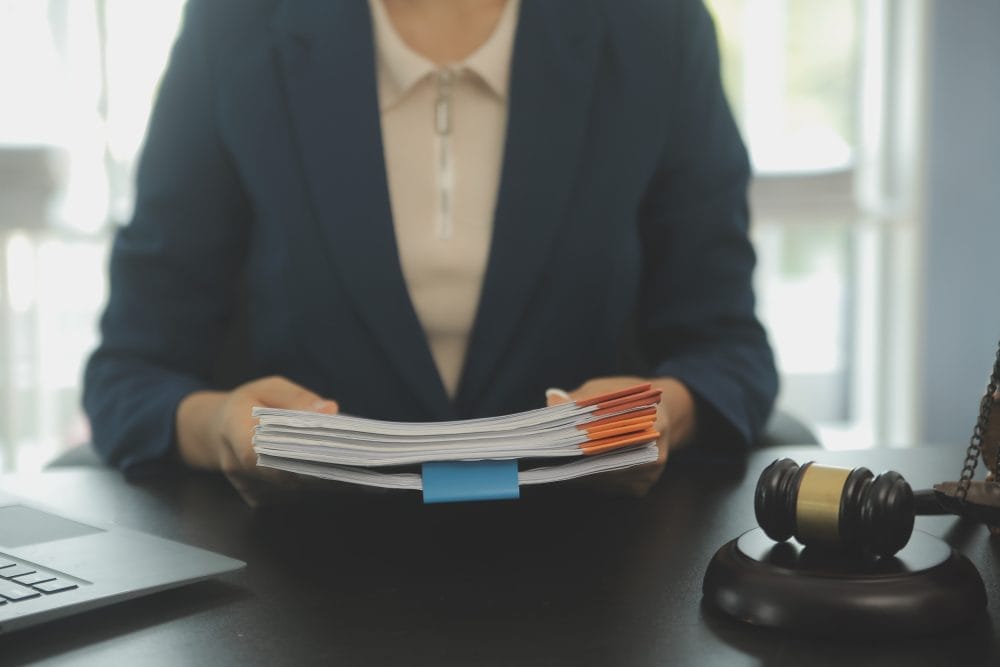There’s a fine line between asking for a favor and accidentally creating a permanent satellite location for your clutter. The moment you stash something in a loved one’s house, you risk triggering an unspoken game of “who’s going to deal with this first?” It starts innocently—just for a week, just until you “figure things out.”
But weeks turn into months, and suddenly that extra blender is as much theirs as it is yours. Storing the wrong items can strain relationships, cause confusion, and in some cases, even lead to costly misunderstandings.
1. Old Family Heirlooms
Family heirlooms carry emotional weight, but they also come with tricky expectations. If a loved one agrees to hold onto your grandmother’s jewelry or your great-uncle’s vintage clock, the responsibility can feel like a burden rather than a privilege. Misplacement, accidental damage, or even just disagreements about care can create lasting tension.
The sentimental value of these items often far outweighs their monetary worth, which means any loss is deeply personal. Keep these treasures in your own care to protect both the object and the relationship.
2. Sensitive or Legal Documents
Birth certificates, wills, tax records, and other important documents should never leave your personal control. Handing them off to someone else’s home increases the risk of them being misplaced, damaged, or even accidentally thrown away during a spring cleaning spree. In the event of an emergency, you may not be able to access them quickly when you need them most. Even a trusted loved one might unintentionally make them harder to locate. These papers are safest in a secure, accessible location that you manage directly.
3. Expensive or Rare Electronics
Leaving high-value electronics like gaming systems, professional cameras, or specialized equipment at someone else’s home can lead to misunderstandings about use, ownership, and responsibility. They might assume they can use them freely, or they could end up damaged simply through regular household activity. Insurance claims get messy if the items aren’t in your possession when the damage occurs. Technology also dates quickly, and the longer something sits unused, the faster it loses value. Keep expensive gear in your own space to avoid awkward conversations and financial loss.
4. Items You Secretly Don’t Want Anymore
If you “temporarily” store things you’ve mentally decided to get rid of, you’re essentially passing the problem onto someone else. Over time, your loved one might feel stuck with these abandoned items, unsure if they can donate, sell, or toss them. This can lead to subtle resentment and a sense that you’ve taken advantage of their generosity.
Letting go of items you don’t truly need is kinder than shifting the burden. If it’s not worth keeping in your own home, it’s not worth taking up space in theirs.
5. Large or Awkward Furniture
Furniture takes up significant space, and not everyone has a basement, attic, or garage ready to house it. Even if they do, moving it in and out can be labor-intensive and potentially damaging to walls, floors, and backs. Storage in someone else’s home also makes it harder for you to use, sell, or repurpose it when you want to.
If it’s oversized or cumbersome, it will quickly feel like a permanent fixture in their space. Paying for proper storage or rehoming it entirely is often the better route.
Keep the Clutter at Home
Storing personal belongings in a loved one’s home can feel like a quick fix, but it often becomes a slow-building problem. The bigger, more valuable, or more emotionally loaded the item, the greater the chance for misunderstandings. Protect relationships by keeping ownership clear and storage responsibilities in your own hands. Respecting boundaries isn’t just good etiquette—it’s good for peace of mind on both sides.
Share your thoughts below: have you ever regretted storing something in someone else’s home?
Read More
8 Unexpected Items Police Can Seize From a Deceased Person’s Home
Why Using Store Loyalty Cards at Pharmacies Exposes Your Household Habits








